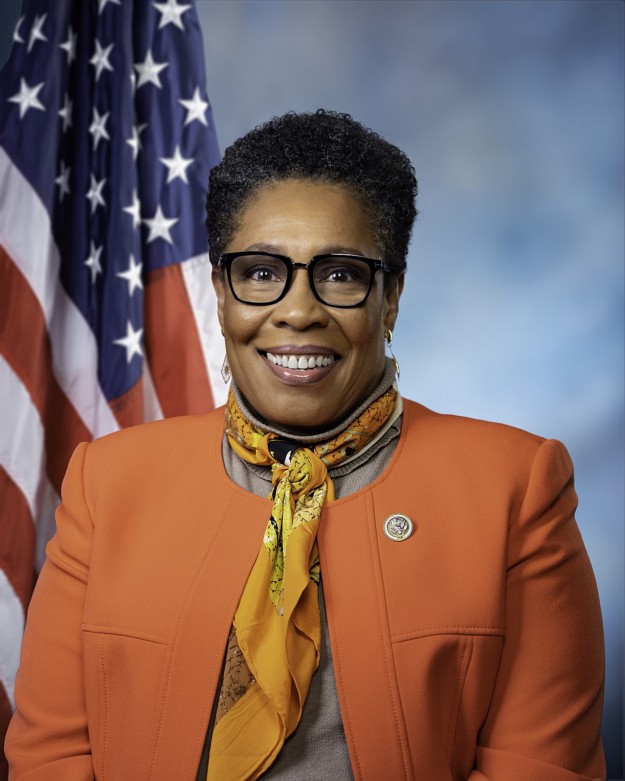Phil Ford, Policy and Advocacy Consultant
Eat Smart Move More South Carolina
December 1, 2020
With President-Elect Biden naming cabinet-level secretaries to lead his administration, it is important to turn our eyes to the United States Department of Agriculture (USDA). When one thinks about the USDA, it may only be centered around farming, ranching, or the like. However, the USDA is so much more than that, especially to rural and economically disadvantaged communities. By the end of this posting, you’ll understand what else the USDA is responsible for, why it’s important for us in public health to be a part of the discussion, and who I think is the best choice to lead the department.
Of course, the USDA is responsible for making sure farmers and ranchers stay in business, that our meat supply is safe, and for nutritional labeling on our food, but there is so much more for which the department is responsible. The USDA also is tasked with school meal nutrition, nutrition education, food assistance for women, infants, and children (WIC), and SNAP (Supplemental Nutrition Assistance Program). They are even responsible for rural development initiatives like the Distance Learning and Telemedicine program implementation, wildfire prevention, and keeping accurate agricultural research and data.
Hunger and food insecurity have remained a problem for the United States with those numbers increasing due to COVID-19. I believe it is time for the USDA to be led with SNAP, WIC, and nutrition education at the forefront of their agenda. In turn, I believe this will only help farmers and ranchers while reducing and, hopefully, eliminating disparities among our most basic needs: food.
Note: South Carolina faces higher than national average rates of food insecurity. Due to COVID-19, figures are trending closer to 20%.
School Nutrition
Over the last four years, school nutrition standards that Eat Smart Move More South Carolina (ESMMSC) advocated to establish have been lowered. Under current USDA Secretary Perdue, vegetable and fruit serving levels were cut making room for more pizza, cheeseburgers, and fries in lunchrooms across the nation. Additionally, deadlines for reducing the sodium content, as set out in the Hunger-Free Kids Act of 2010, in our children’s food were delayed. Waivers were issued to create loopholes for states not wanting to adhere to the new standards.
Schools are the only means that some children have meals throughout the week. The state and local school districts are tasked with creating a healthy and safe environment for our children to learn. It should start with the breakfasts and lunches they provide.
Supplemental Nutrition Assistance Program (SNAP)
SNAP has been under attack and people are suffering. With some seniors receiving just $16 per month and others receiving less than $200 for a family of four, rules (not instituted by Congress) have made their way into the program. There have been efforts to reduce the program by $230 billion over the next 10 years without any additional efforts to increase education or workforce development. Meanwhile, these cuts were not included in any bill or law by Congress. They were implemented by circumventing legislative channels. Additionally, according to the Center on Budget and Policy Priorities, “the elderly, people with different ability levels, and low-income working families would bear the brunt of these cuts.”
To be clear, these cuts were rejected by a bipartisan Congressional effort only to be pushed through with executive action.

ESMMSC has advocated at the national and state levels to inform and educate decision-makers that this type of assault on SNAP is intolerable. For the last two years, I have attended the Anti-Hunger Policy Conference in Washington, DC to let our policymakers know what advocates on the ground need and what we think of these unvetted rules. Furthermore, ESMMSC has led an effort to incentivize SNAP usage at farmers markets to increase revenue for farmers and create additional healthy food access for those that may not have affordable access.
With SNAP applications and cases increasing due to COVID-19, it’s imperative that the new USDA Secretary be someone with the wherewithal to understand the need and to be compassionate during this unprecedented time.

New Agriculture Secretary
Therefore, the next USDA Secretary needs to be someone who will stand with us in the fight against hunger in our country. Of the names mentioned for this position, I believe that person is Representative Marcia Fudge of Ohio. Not only is it important to note that she would be the first black woman to take the helm of the USDA, but she has the experience of being a leading voice on the House Agriculture Committee to boot.
She is a six-term congresswoman and is currently the chairwoman of the House Agriculture Subcommittee on Nutrition, Oversight, and Department Operations. She’s worked closely with food banks and anti-hunger advocates in her home state, and she has been vocal in her opposition to these cuts and waivers instituted by Secretary Perdue.
I believe it is a necessary step to nominate and confirm someone like Representative Fudge to address hunger, school nutrition, the legacy of discrimination of black farmers by the USDA, and to ensure Americans across the country have access to all the USDA programs and resources have to offer.
Phil Ford is the owner of The Ford & Ford Group, where he works with Eat Smart Move More South Carolina as a consultant on policy and advocacy. He is a food access advocate and has advocated in Washington, DC, and across South Carolina to end hunger.
